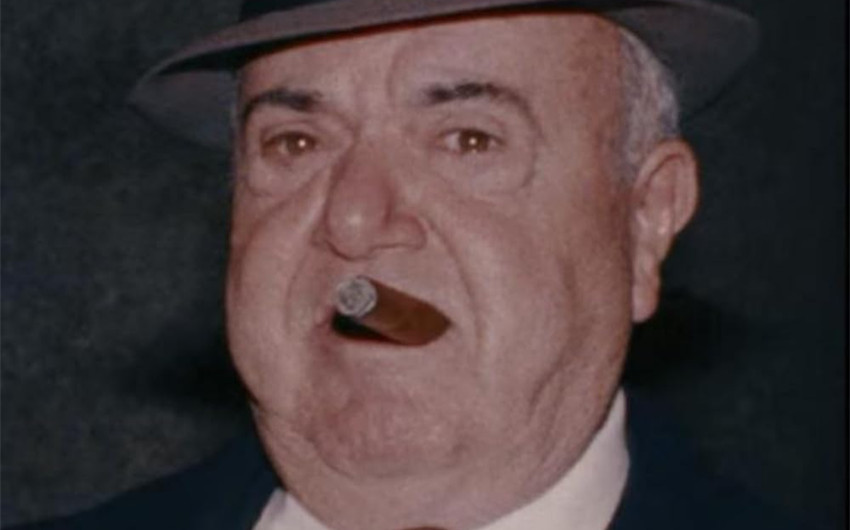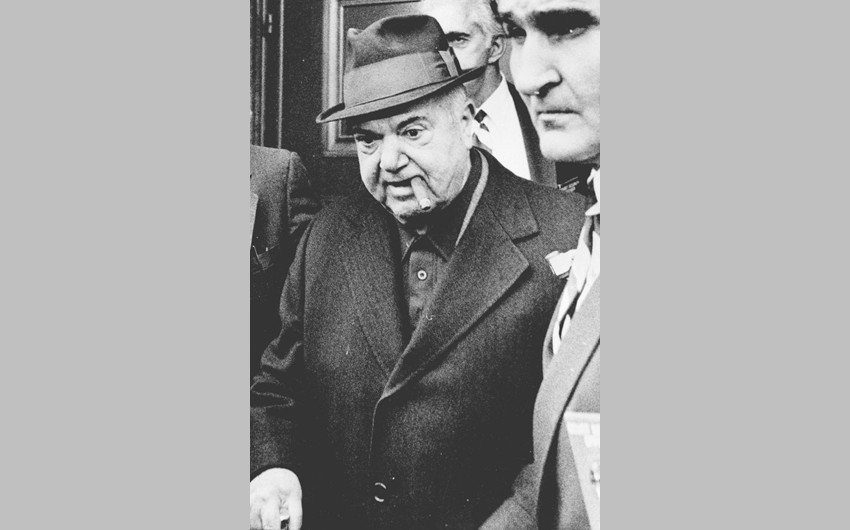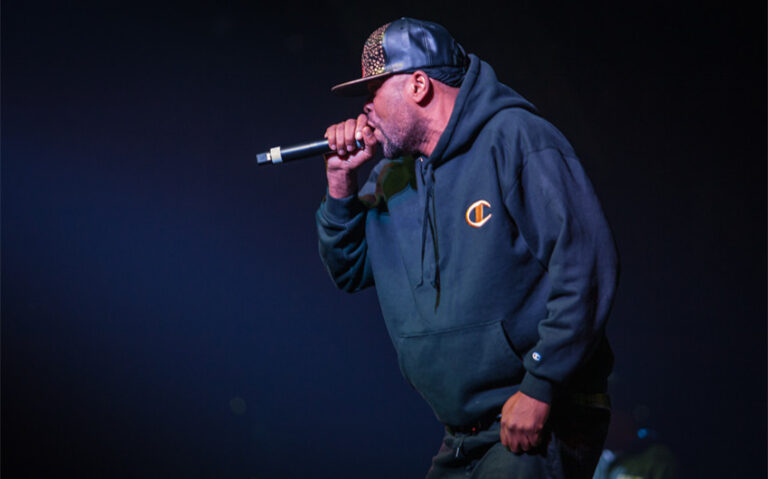Breaking Down Mafia Money and Fat Tony Salerno Net Worth
Fat Tony Salerno was once one of the most powerful and well-known figures in the American Mafia, famously operating behind the scenes of the Genovese crime family. Known for his signature cigar and quiet authority, Salerno was thought to be a front boss who managed massive illegal operations while maintaining a low profile.
With his deep connections to gambling, real estate, and union influence, many have wondered just how wealthy he truly was. If you’ve ever been curious about Fat Tony Salerno’s net worth, this article explores the sources of his income and the fortune he amassed during his reign.
Who Was Fat Tony Salerno?
Anthony “Fat Tony” Salerno was a powerful figure in the American Mafia, best known for his role in the Genovese crime family, one of New York’s most dominant crime syndicates. Born in 1911 in East Harlem, Salerno began his criminal career running numbers and eventually rose through the ranks due to his influence in illegal gambling and loan sharking.
By the 1980s, he was widely considered the front boss of the Genovese family, operating from the Palma Boys Social Club. Law enforcement later believed he served as a decoy for the real boss, Vincent “The Chin” Gigante. Despite this, Salerno managed vast operations involving construction, labor unions, and racketeering.
Known for his conservative appearance—often seen in a cigar and fedora—Salerno kept a low profile while handling millions in Mafia profits. His conviction in the 1986 Mafia Commission Trial marked the fall of one of organized crime’s most quietly influential figures.
Estimated Net Worth
Image source: Pinterest
At the height of his criminal influence during the 1970s and 1980s, Anthony “Fat Tony” Salerno was estimated to have a net worth exceeding $1 billion, according to sources such as Fortune magazine and various law enforcement investigations. This extraordinary valuation placed him among the richest figures in the history of American organized crime.
Illegal Gambling and Loan Sharking
One of Salerno’s primary sources of revenue came from his illegal gambling empire, which operated throughout Harlem and the Bronx. He reportedly oversaw one of the largest bookmaking operations in the city, earning up to $50 million annually through sports betting, numbers running, and casino-style rackets.
Additionally, he ran loan sharking operations, lending money at high interest rates to desperate borrowers, many of whom were tied to construction, trucking, or entertainment industries. The combination of high profits and ruthless enforcement ensured a constant flow of income.
Concrete and Construction Rackets
Salerno also played a major role in the infamous “Concrete Club”—a cartel of mob-controlled concrete companies that monopolized major construction contracts in New York City.
Through companies like S & A Concrete Co. and Transit-Mix Concrete Corp., Salerno manipulated bids for public and private development projects, including office buildings, apartment complexes, and even parts of Trump Tower.
This allowed him to extract millions in kickbacks and contract skimming from construction firms and developers eager to avoid union troubles or site delays.
Labor Union Control and Business Fronts
Salerno’s influence extended deeply into labor unions, particularly in the construction and trucking industries. By controlling unions such as the Laborers’ International Union and the Teamsters, he could negotiate “labor peace” for select employers—at a steep price.
This leverage allowed him to receive both under-the-table payments and percentages of contracts. He also reportedly owned or maintained interest in numerous legitimate businesses—restaurants, bars, warehouses, and trucking companies—which he used to launder money and shield criminal profits under the guise of regular commerce.
Real Estate and Asset Holdings
Unlike some mobsters who avoided attention, Salerno invested in substantial real estate assets. One of the most publicized properties tied to him was a 98-acre farm in Rhinebeck, New York, a serene estate reportedly used as a retreat.
In 2022, that farm was listed for $1.5 million, a small fraction of his broader holdings. Through front companies and trusted associates, Salerno quietly held property throughout New York State and beyond, allowing him to stash wealth in relatively secure and appreciating assets.
Featured Image Source: imdb.com







